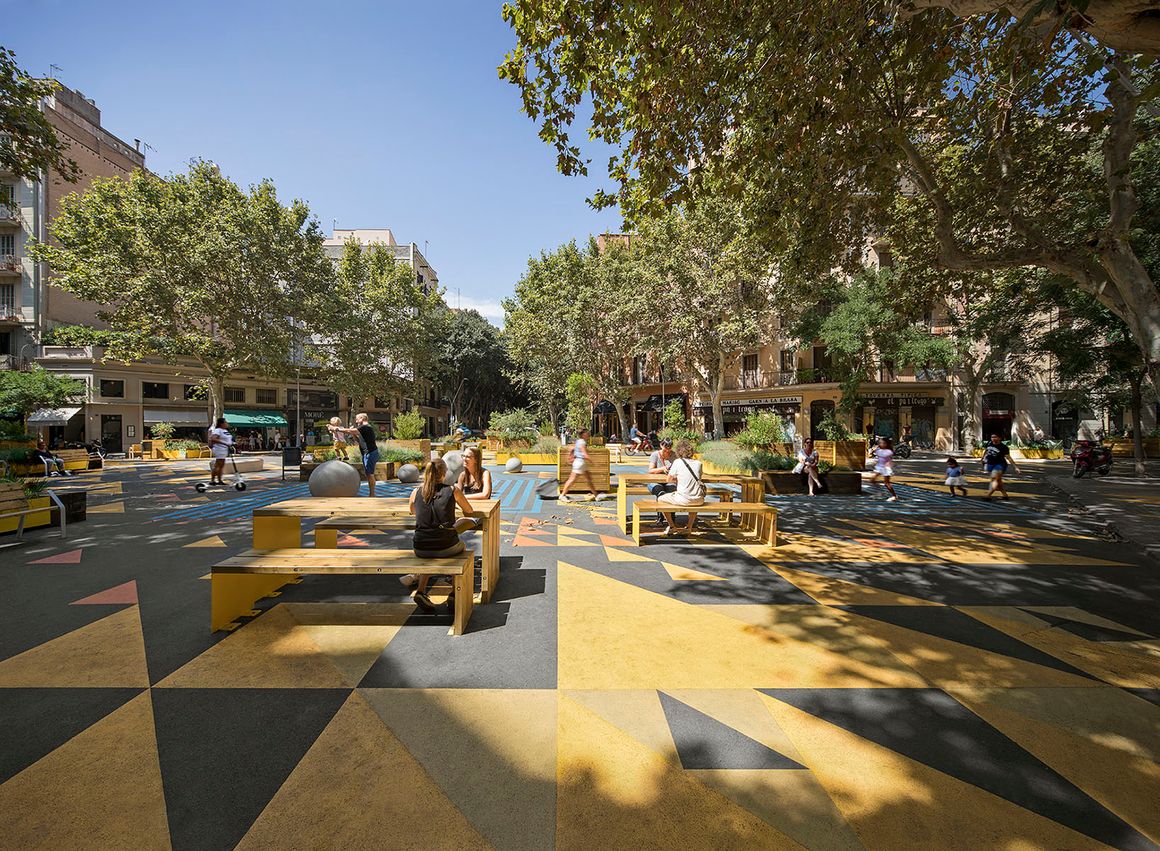Richard Bärnthaler

10:00–18:00

Althangrund, Augasse 2–6, 1090 Wien
Straßenbahn D Liechtenwerder Platz (3 Gehminuten), U4, U6 Spittelau (8 Gehminuten)
Thementag: Polyzentralität und ökosoziale Transformation
Der urbanize! Thementag lädt zur vertieften Auseinandersetzung mit Möglichkeiten und Auswirkungen der ökosozialen Transformation der Stadt. Vorträge und Gespräche zu ökosozialer Politik, Flächengerechtigkeit, urbaner Obsoleszenz, Alltagsökonomie, grüner Gentrifizierung, Verkehrswende und Partizipation diskutieren Strategien und Fallstricke. Vertiefende Workshops zu taktischem Urbanismus in Barcelona, Mailand, Paris, Valencia und Wien, zu Partizipation, städtebaulichen Sharingmodellen und wirkungsvoller Klima-Kommunikation schaffen Einblicke und neues Wissen.
Die Veranstaltung kann auch per Livestream verfolgt werden.


13:30–15:00

Althangrund, Augasse 2-6, 1090 Wien
Straßenbahn D Liechtenwerder Platz (3 Gehminuten), U4, U6 Spittelau (8 Gehminuten)
Liveable neighbourhoods, fat profits?
The event is part of the focus day
The city of tomorrow will be greener, with attractive public spaces, everyday infrastructure in all neighbourhoods and room for active mobility. But urban space is also a scene of economic exploitation. Due to the expected transformation many urban infrastructures will fall out of use in the future. How can these spaces be secured for the common good? What kind of (economic) use creates added value for the neighbourhoods? How can gentrification be prevented and the transformation succeed socially and ecologically?






